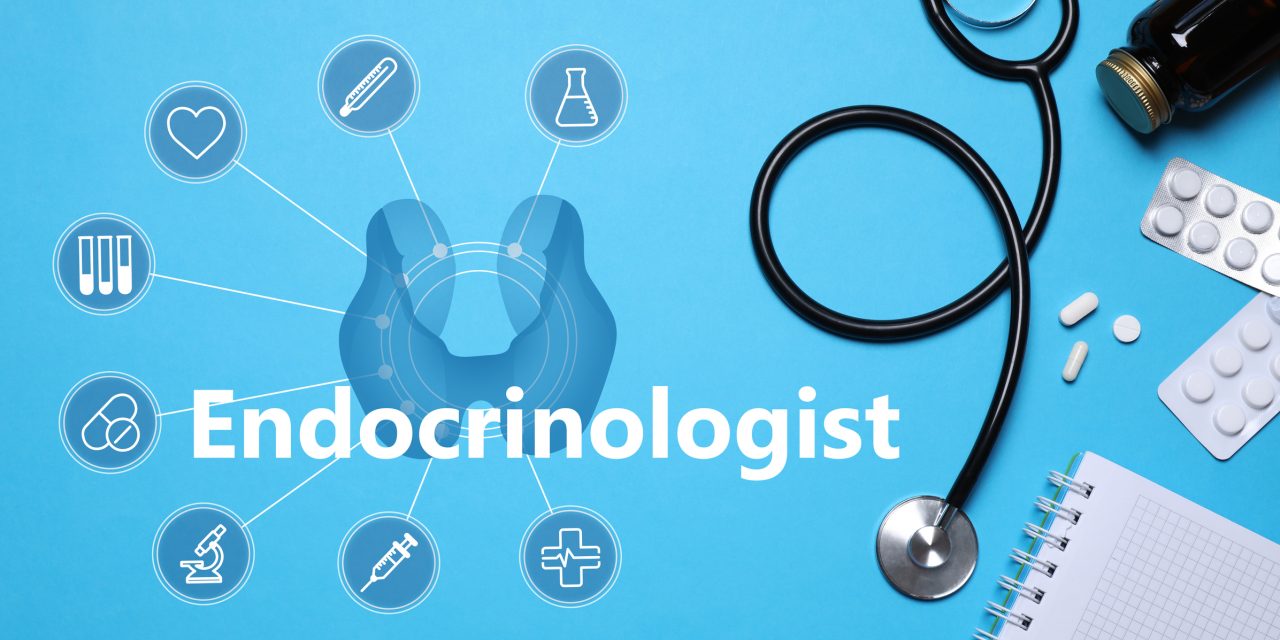Polycystic ovary syndrome (PCOS), a common endocrine disorder in reproductive-aged women, is correlated with obesity and insulin resistance (IR), androgens excess, chronic anovulation, and infertility. MicroRNAs (miRNAs) are small, single-stranded, noncoding RNA molecules that participate in inflammation, reproduction and metabolism, may contribute to PCOS. Current study aiming to manifest the correlation of body mass index (BMI) and testosterone (T) with miR-103 expression before and after fat loss.
46 controls (N = 23 with BMI < 24 kg/m, N = 23 with BMI ≥ 28 kg/m) and 46 patients with PCOS (N = 23 with BMI < 24 kg/m, N = 23 with BMI ≥ 28 kg/m) aged between 20 and 30 were recruited. Waist-to-hip (WHR) and Body fat% (BF%) was measured and calculated. Serum hormones, serum lipid, metabolism parameters, and serum miR-103 were measured. All the assessments were measured before and after fat loss in a three-month intervention period.
miR-103 was correlated with BMI rather than testosterone (T), and there was a significant difference between the non-obese and obese groups in miR-103 expression. Compared to before fat loss, miR-103 expression showed a slight downward trend.
Serum miR-103 differentially expressed between controls and PCOS subjects, miR-103 was positively correlated with BMI. There was significant difference between the non-obese and obese groups in miR-103 expression.
Copyright © 2019. Published by Elsevier Inc.
Anomalous expression of miR-103 in polycystic ovary syndrome influenced by hormonal, and metabolic variables.


